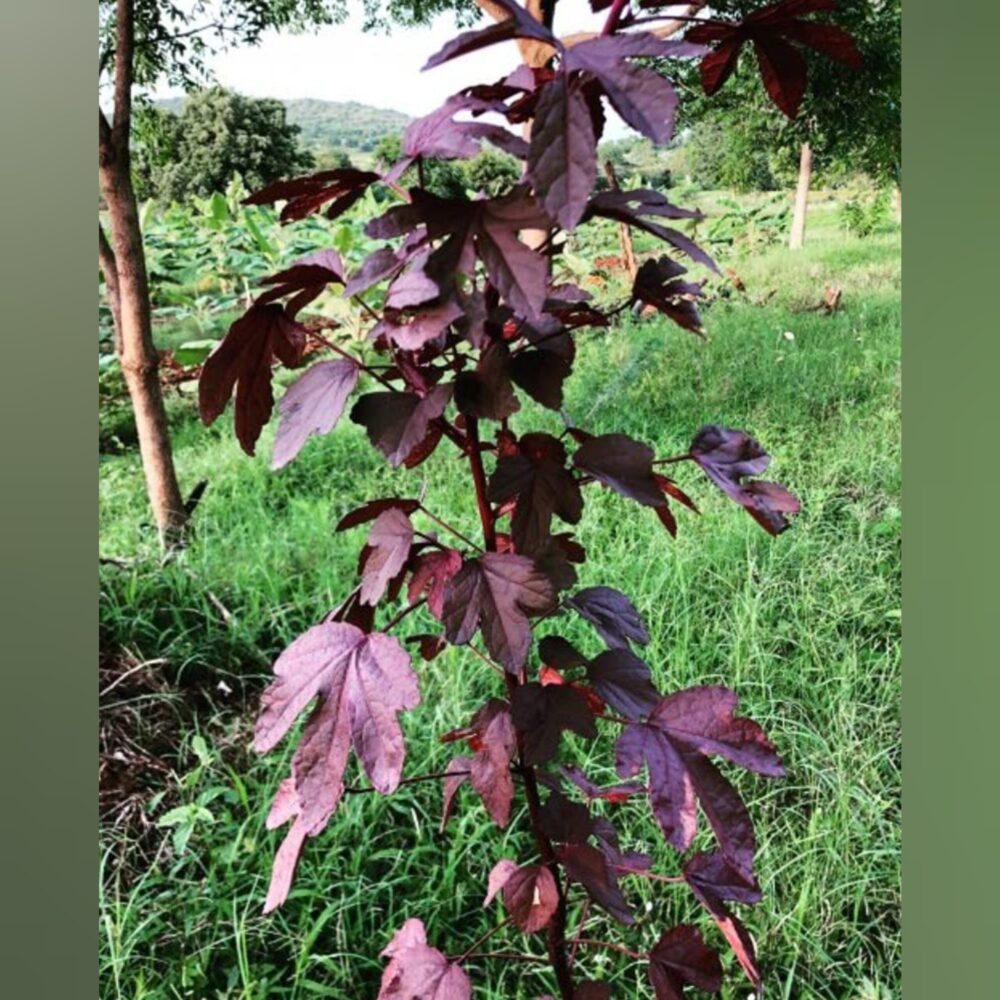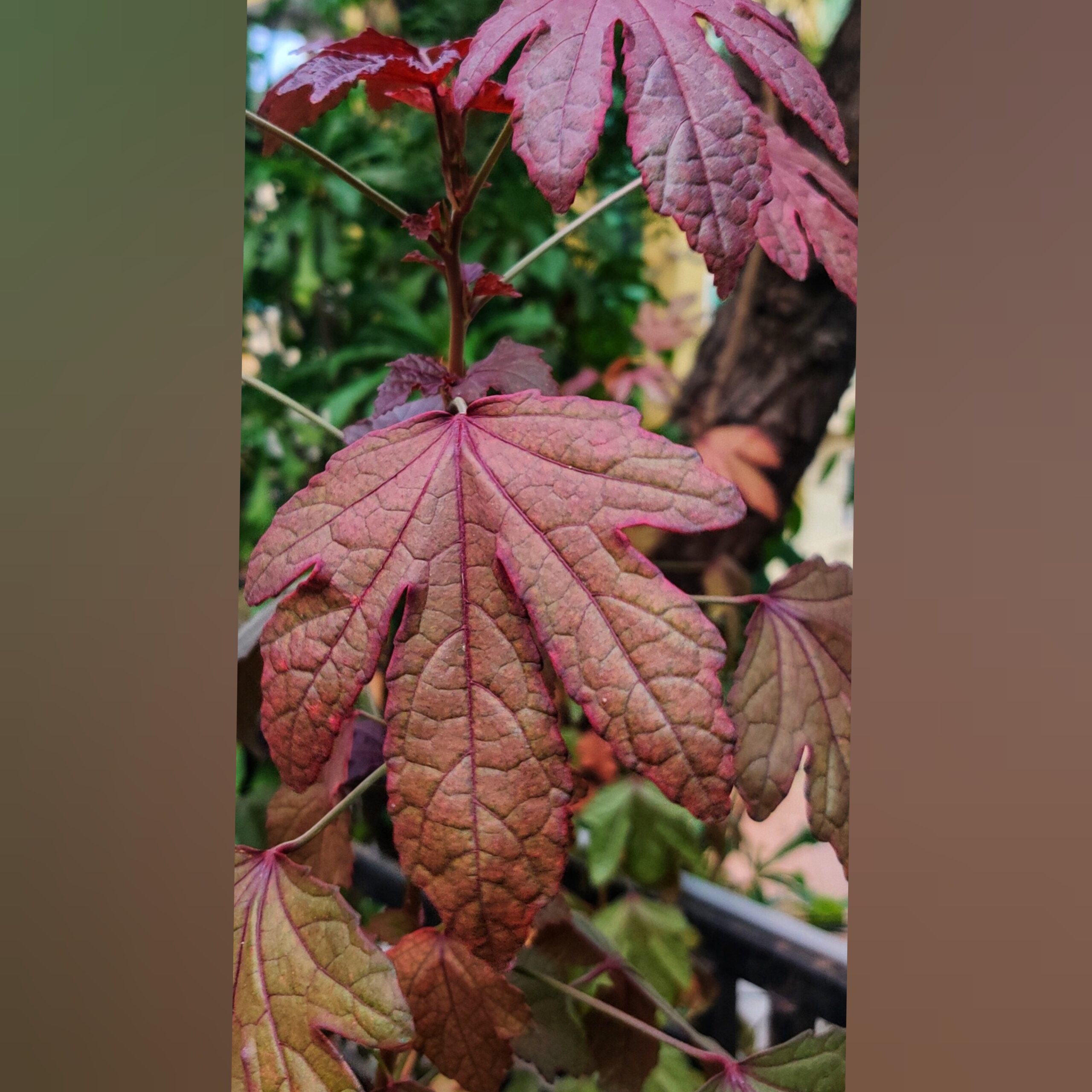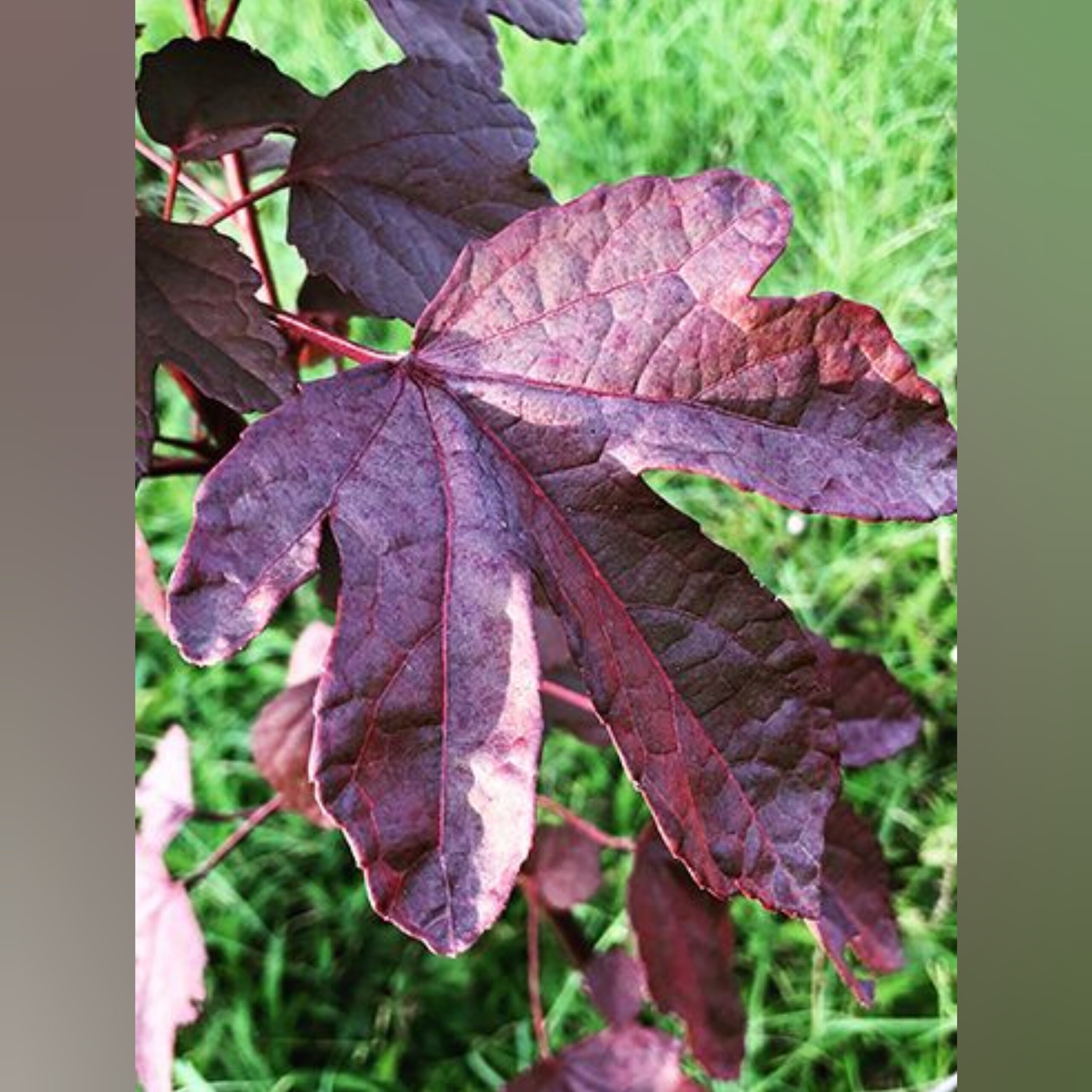Gongura Red Leaves
Quantity: 8 to 10 grams Gongura, known scientifically as Hibiscus sabdariffa, is a popular leafy green vegetable in India, especially in the southern states like Andhra Pradesh and Telangana. It is also known by other names such as Roselle, Sorrel, and Pulicha Keerai in Tamil. Gongura leaves are prized for their distinct tangy taste and are a staple in various traditional dishes.
Out of stock
Gongura, known scientifically as Hibiscus sabdariffa, is a popular leafy green vegetable in India, especially in the southern states like Andhra Pradesh and Telangana. It is also known by other names such as Roselle, Sorrel, and Pulicha Keerai in Tamil. Gongura leaves are prized for their distinct tangy taste and are a staple in various traditional dishes.
Characteristics Appearance: Gongura plants have broad, green leaves with a slightly reddish tint. The stems are often red or green and can grow up to 1-2 meters in height.
Flowers: The plant produces large, attractive, deep red to light pink flowers.
Growth Habit: It is an annual or perennial herbaceous shrub that grows well in tropical and subtropical climates.
Nutritional Benefits Vitamins and Minerals: Rich in vitamins A, B9 (folate), C, and K, and contains essential minerals such as iron, calcium, magnesium, and potassium. Antioxidants: Contains antioxidants like anthocyanins and flavonoids, which help protect the body from oxidative stress.
Dietary Fiber: High in dietary fiber, promoting healthy digestion and preventing constipation. Growing Conditions Climate: Gongura thrives in warm, sunny climates with temperatures ranging between 25°C and 35°C. It is well-suited for tropical and subtropical regions.
Soil: Prefers well-drained, loamy soil rich in organic matter. The ideal soil pH is between 5.5 and 7.5.
Water: Requires moderate watering. The soil should be kept moist but not waterlogged. It is relatively drought-tolerant once established. Propagation and Planting Seeds: Propagated through seeds, which can be directly sown in the garden or started in seed trays.
Germination: Seeds typically germinate within 7-10 days under optimal conditions. Spacing: Space plants about 30-45 cm apart to allow sufficient room for growth and airflow.
Cultivation Practices Transplanting: Seedlings can be transplanted to the field when they have at least 2-3 true leaves. Weeding: Regular weeding is essential to reduce competition for nutrients and water.
Mulching: Apply organic mulch to retain soil moisture and suppress weeds. Fertilization: Use a balanced fertilizer or well-rotted compost to provide essential nutrients throughout the growing season.
Harvesting Maturity: Gongura leaves can be harvested about 40-60 days after sowing. Young, tender leaves are preferred for their milder flavor.
Method: Harvest by cutting the outer leaves or entire young plants. Regular harvesting encourages new growth.
Culinary Uses Traditional Dishes: Gongura leaves are a key ingredient in many traditional South Indian dishes, such as Gongura Pachadi (a tangy chutney), Gongura Pappu (dal with gongura), and Gongura Mutton.
Pickles: Gongura leaves are often pickled with spices to make a tangy condiment. Curries and Stews: Used in curries and stews for added flavor and nutrition.
Soups and Salads: Can be added to soups and salads for a tangy taste. Health Benefits Digestive Health: High fiber content aids in digestion and promotes gut health. Anemia Prevention: Rich in iron, which is essential for the production of red blood cells and prevention of anemia. Bone Health: Contains calcium and magnesium, which are important for maintaining healthy bones.
Immune Support: The high vitamin C content boosts the immune system and helps fight infections. Summary Gongura is a nutritious and versatile leafy green that is an integral part of South Indian cuisine. It thrives in warm climates and is relatively easy to grow, making it a common plant in home gardens. Gongura leaves are rich in vitamins, minerals, and antioxidants, providing numerous health benefits. They are widely used in traditional dishes, pickles, curries, and more, offering a unique tangy flavor that enhances the taste of various meals. With proper care and growing conditions, Gongura can provide a bountiful harvest of nutrient-dense leaves, enriching both the diet and the culinary experience.
| Weight | 15 g |
|---|









Reviews
There are no reviews yet.